Specifically, after choosing Senator Marco Rubio as Secretary of State and Congressman Mike Waltz as National Security Advisor, Mr. Trump recently announced that he has chosen two financial investors, Howard Lutnick and Scott Bessent, as Secretary of Commerce and Secretary of the Treasury, respectively. These can be considered four positions that almost decide the US's foreign trade policy.
Tough lineup with tax increase tool
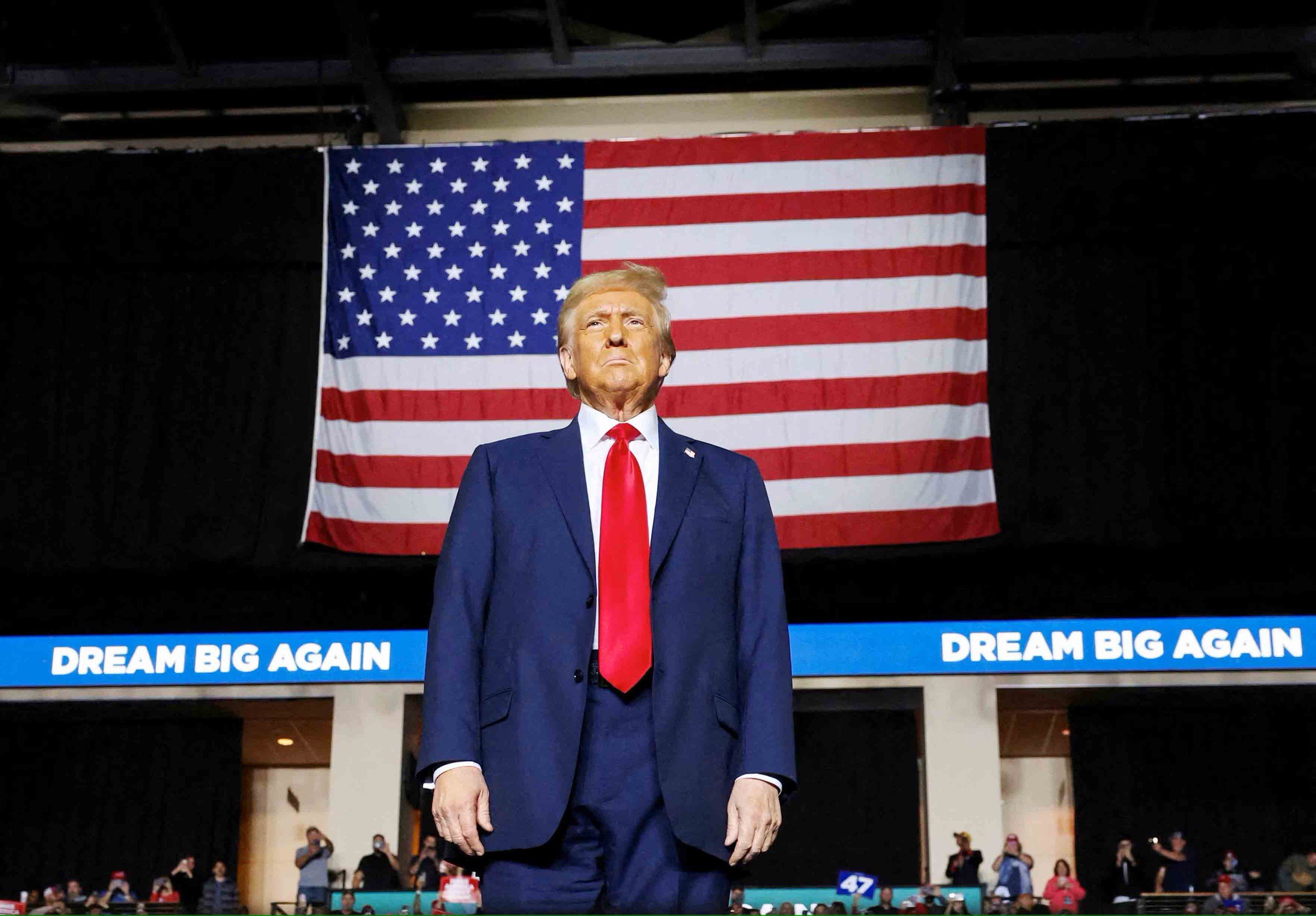
US President-elect Donald Trump has selected his foreign trade personnel.
The selection of Senator Rubio as Secretary of State and Congressman Waltz as National Security Advisor signals the White House's "hawkish" tendency in foreign policy. That is because both of these congressmen are considered tough, tending to use "muscular" measures in competing with China, Iran or Russia... as well as solving foreign affairs issues.
In contrast, Howard Lutnick and Scott Bessent have never been in politics, and come from a background in the US investment community. Mr. Lutnick is CEO of the brokerage firm Cantor Fitzgerald on Wall Street. Although he rarely mentions the issue of China, Mr. Lutnick has expressed strong support for the use of tariff policies, especially against partners like China. In an interview with CNBC in September, Mr. Lutnick emphasized this in particular. "Tariffs are a great tool for the president to use - we need to protect American workers," Mr. Lutnick said.
Similarly, Mr. Bessent, who was chosen by President-elect Trump to be Secretary of the Treasury, also affirmed this. This year, Mr. Bessent, 62 years old, is a famous investor on Wall Street and is very close to tycoon George Soros. Billionaire Bessent has always shown himself to be a supporter of tax reform and reducing regulations. Therefore, Mr. Trump's choice of Mr. Bessent as Secretary of the Treasury has made many businesses expect to reduce administrative procedures and taxes for domestic businesses. But the problem is that he also affirmed the need to use tax tools for international trade.
That's why Mr. Trump's team is signaling a tough foreign policy and taxes are important tools.
Difficult situation for China
With the above "team", which will play an important role in the upcoming US foreign trade policy, observers assess that China will face great pressure.
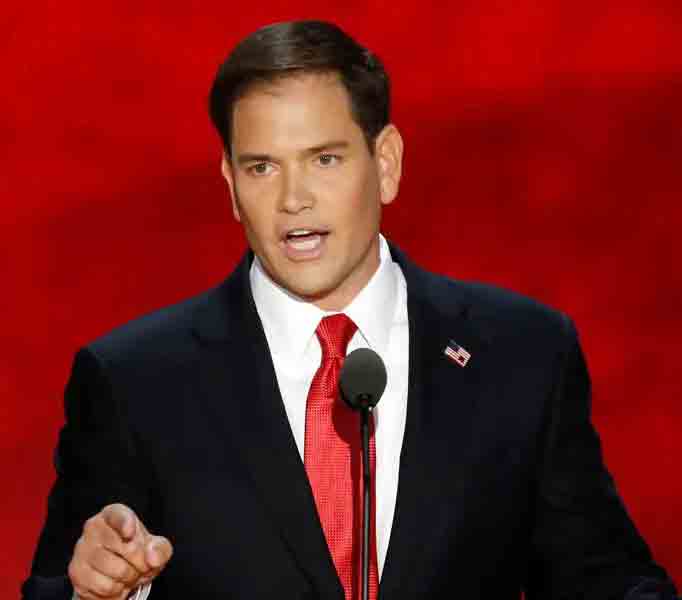
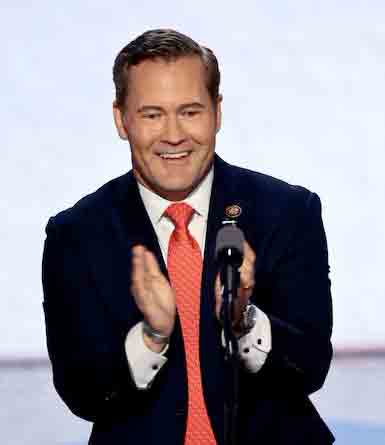
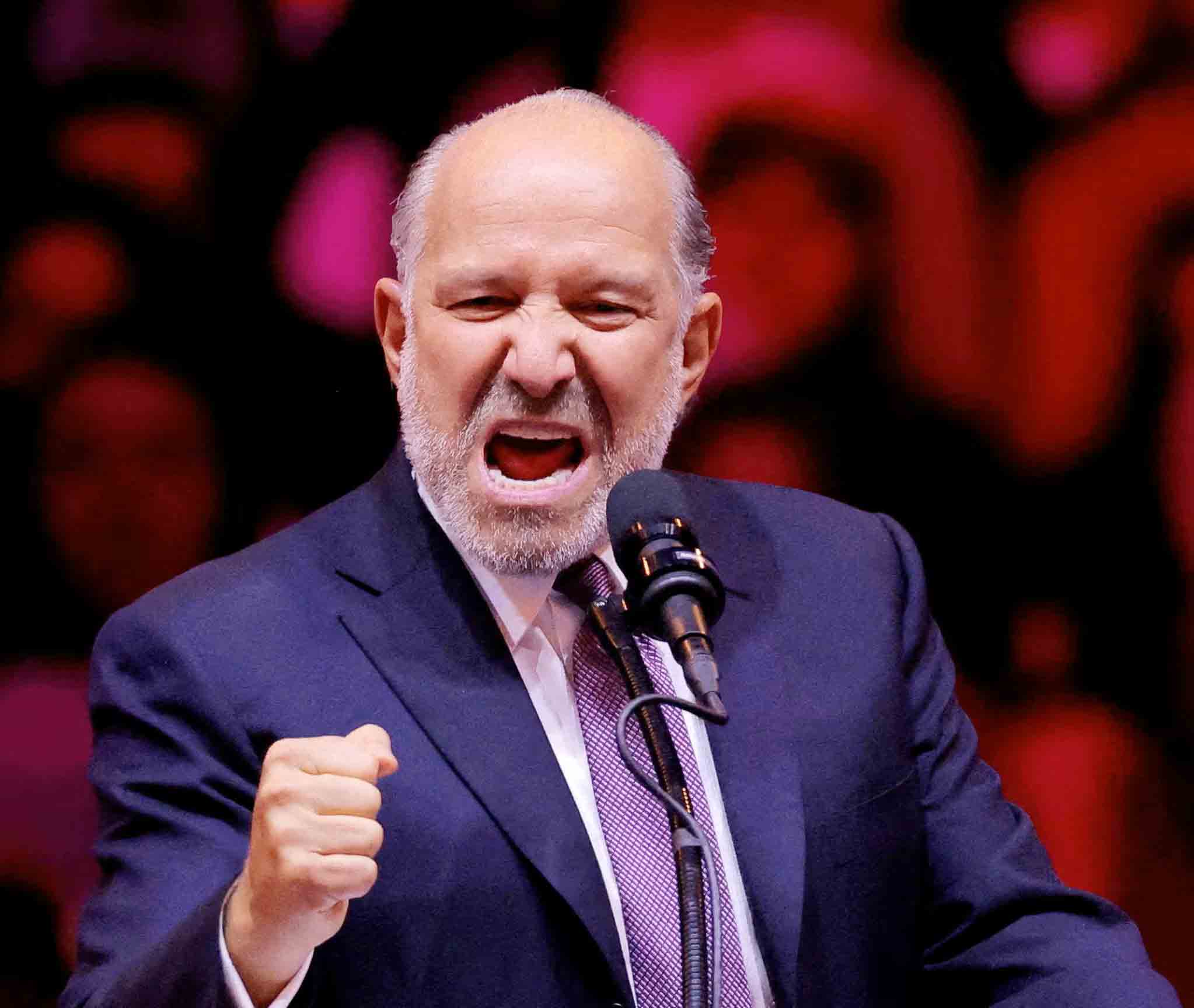
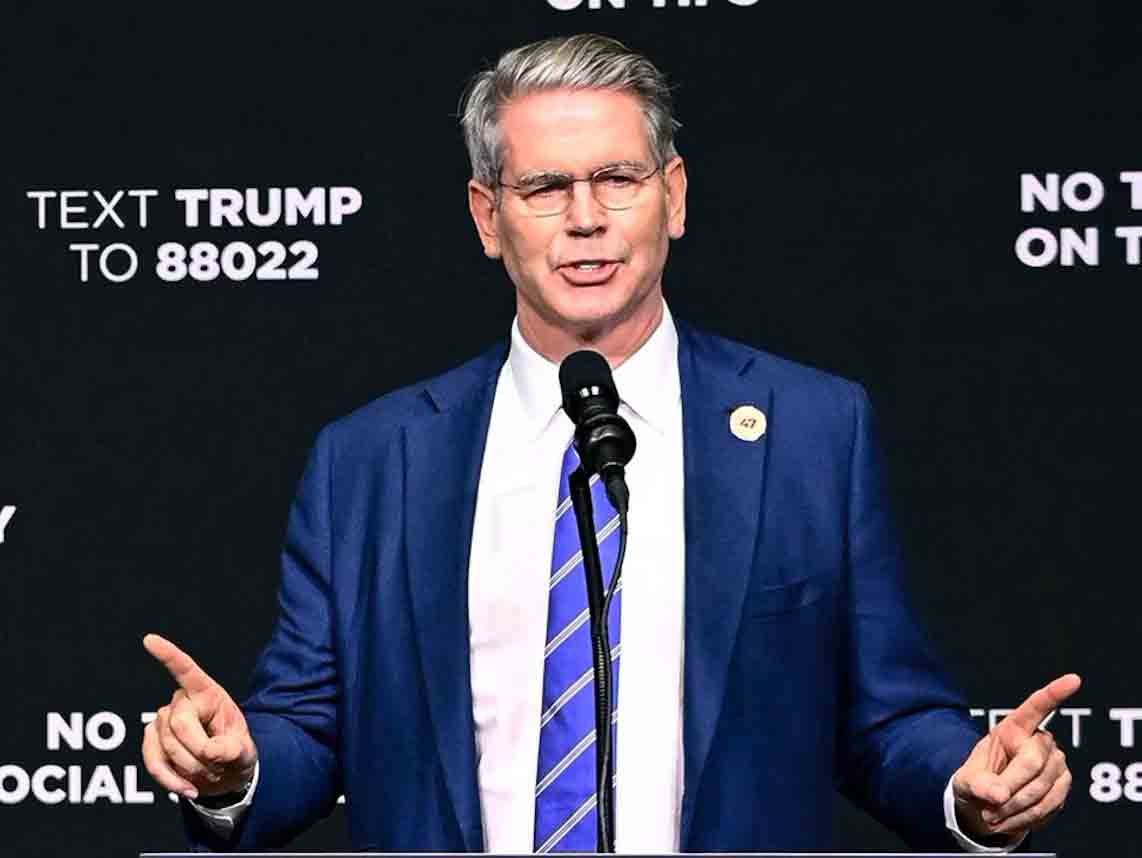
Messrs. Rubio, Waltz, Lutnick and Bessent
In a recent report sent to Thanh Nien by Moody's Analytics, China's economy is predicted to face many difficulties in exports.
Accordingly, Moody's Analytics predicts that the US will increase tariffs on Chinese goods from the second quarter of 2025 and the tariff rate will peak at around 40% by the end of 2025. For other countries, the US may increase tariffs by 5 percentage points. Since the US accounts for around 15% of China's total exports, the above tariff is expected to lead to a decrease in consumption, causing China's exports to fall by around 6% by 2026.
However, the report also expects US import tariffs on Chinese goods to decline from 2026 and stabilize at 20% in 2027. So if tariffs gradually decline as forecast, the decline in Chinese exports will be around 3% in 2027. Meanwhile, US tariffs on other countries are forecast to decline gradually from 2026.
Based on the above forecast, Moody's Analytics has revised down China's GDP growth forecast for 2025 from 4.7% to 4.2%. Even if the US continues to maintain high import tariffs until 2026, China's economic growth may only drop to 3.7%.
Republican lawmakers oppose a Trump move
Republican Senator Rand Paul on November 24 opposed US President-elect Donald Trump’s intention to use the military to carry out mass deportations of people living illegally in the US, according to Reuters. Senator Paul noted that he supported the idea of deporting people living illegally in the US with criminal records, but said that law enforcement agencies are better equipped than the military to perform this role.
Previously, President-elect Trump confirmed that his incoming administration plans to declare a national emergency and use the US military to conduct mass deportations of illegal immigrants.
Faculty of Arts
US debates background checks on cabinet candidates
Republican Senator Bill Hagerty said on November 24 that Americans are not interested in the traditional FBI background checks on cabinet nominees under President-elect Donald Trump. "I don't think the American public cares who does the background checks. What the American people care about is how the task they expect when they vote is carried out," Hagerty said on ABC's "This Week."
Meanwhile, US Republican Senator Lisa Murkowski stressed that the FBI's conduct of cabinet background checks is "routine" to ensure national security. Sharing the same view, US Democratic Senator Amy Klobuchar stressed that she cannot evaluate cabinet nominees without the FBI background check process, adding that this activity is used to secure government jobs.
Tri Do
Source: https://thanhnien.vn/du-bao-kho-khan-cho-trung-quoc-tu-bo-sau-kinh-te-doi-ngoai-cua-ong-trump-185241125235353057.htm


![[Photo] 2nd Conference of the Party Executive Committee of Central Party Agencies](https://vstatic.vietnam.vn/vietnam/resource/IMAGE/2025/3/31/8f85b88962b34701ac511682b09b1e0d)

![[Photo] Prime Minister Pham Minh Chinh receives delegation of leaders of US universities](https://vstatic.vietnam.vn/vietnam/resource/IMAGE/2025/3/31/8be7f6be90624512b385fd1690124eaa)





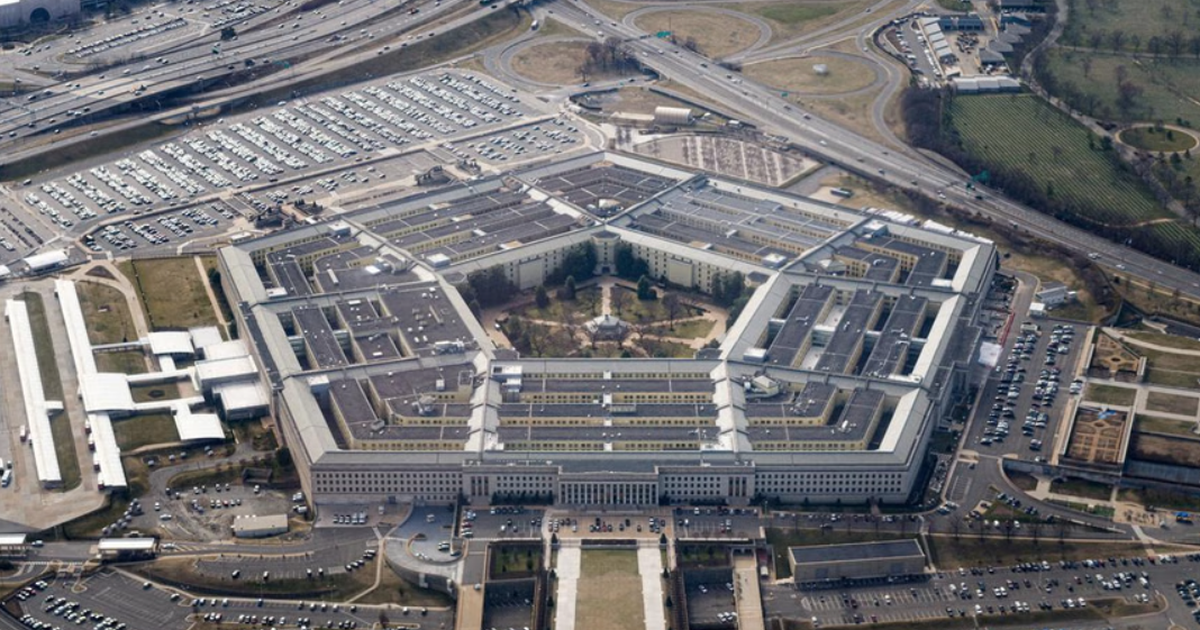

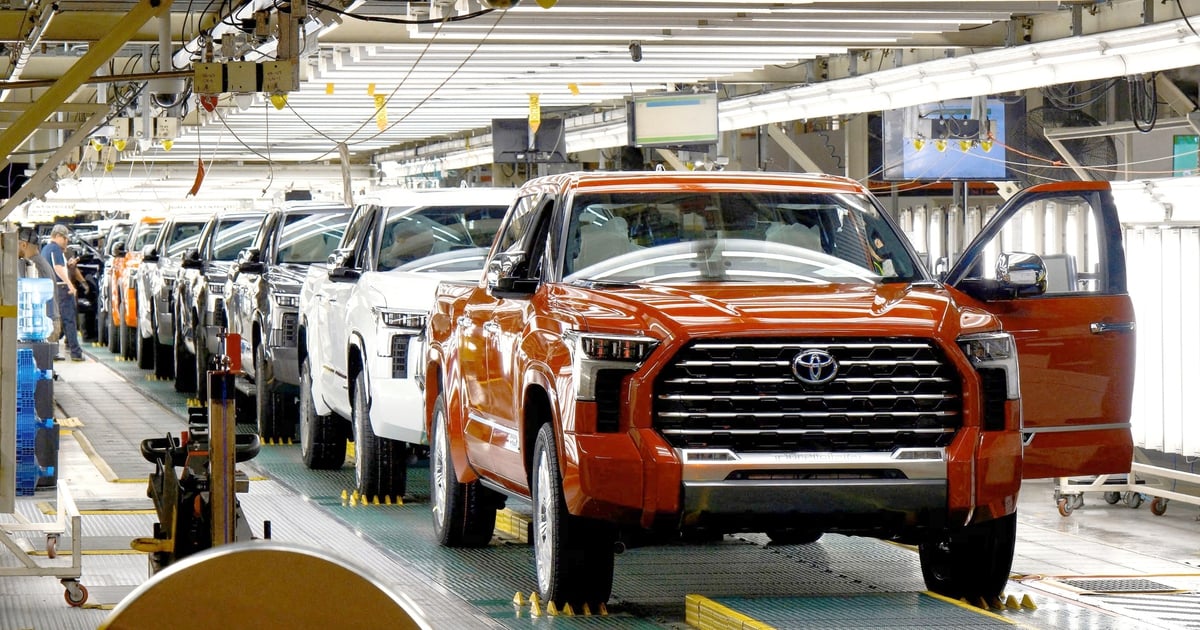
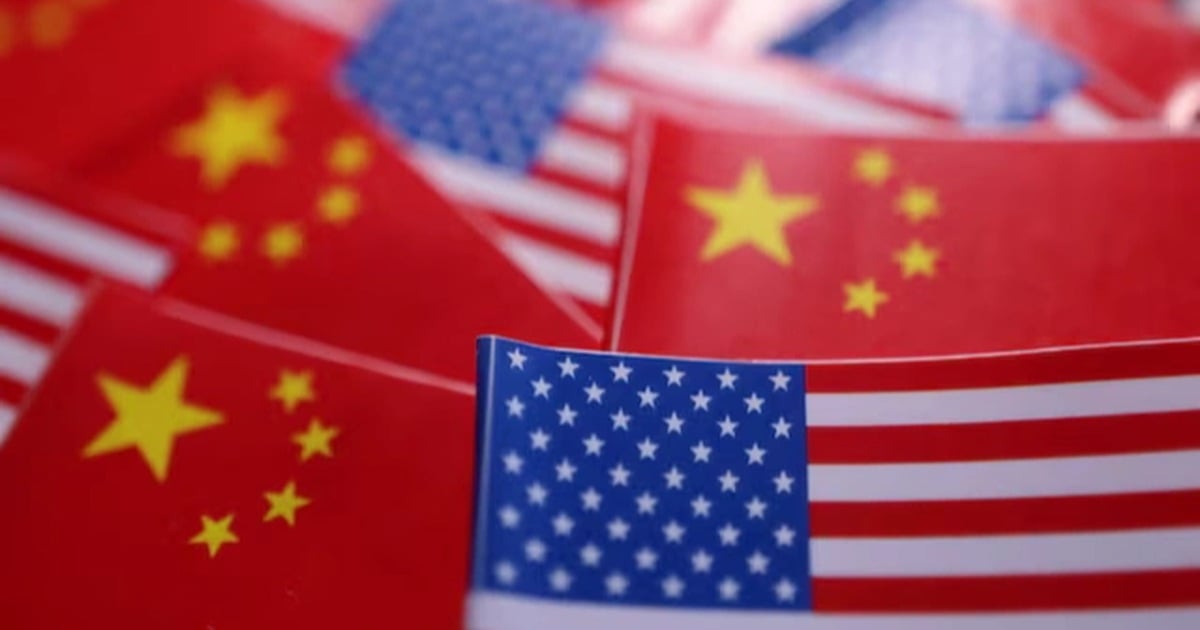

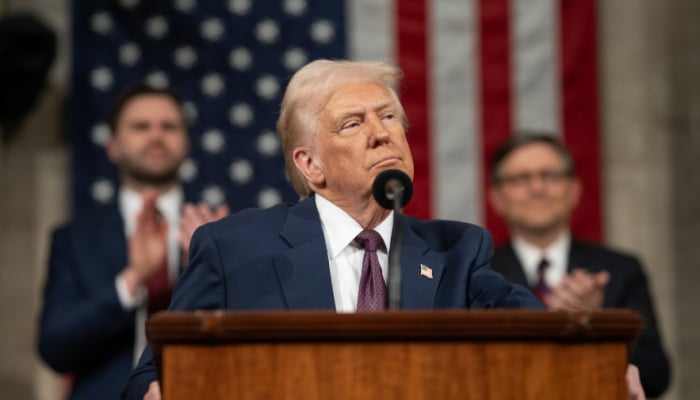
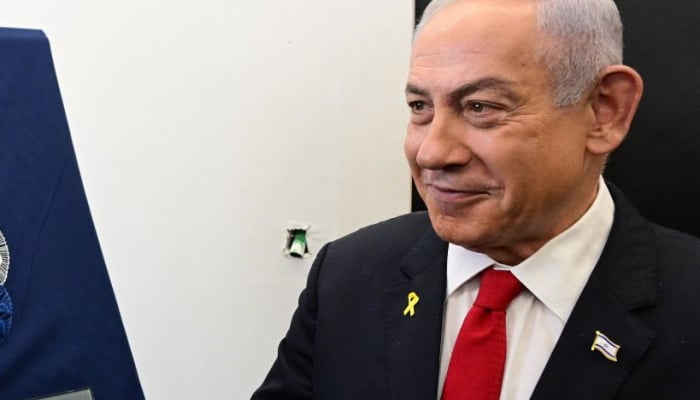
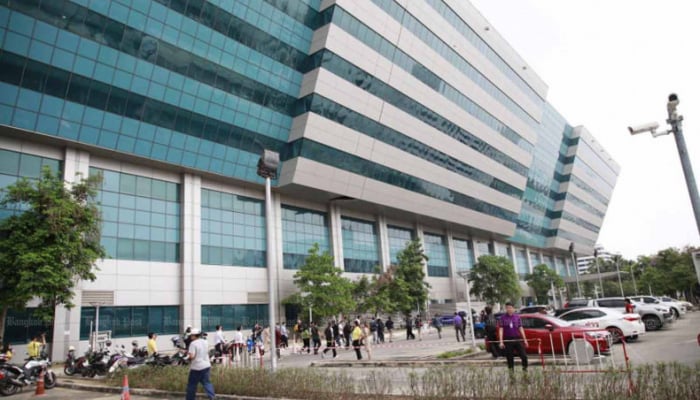








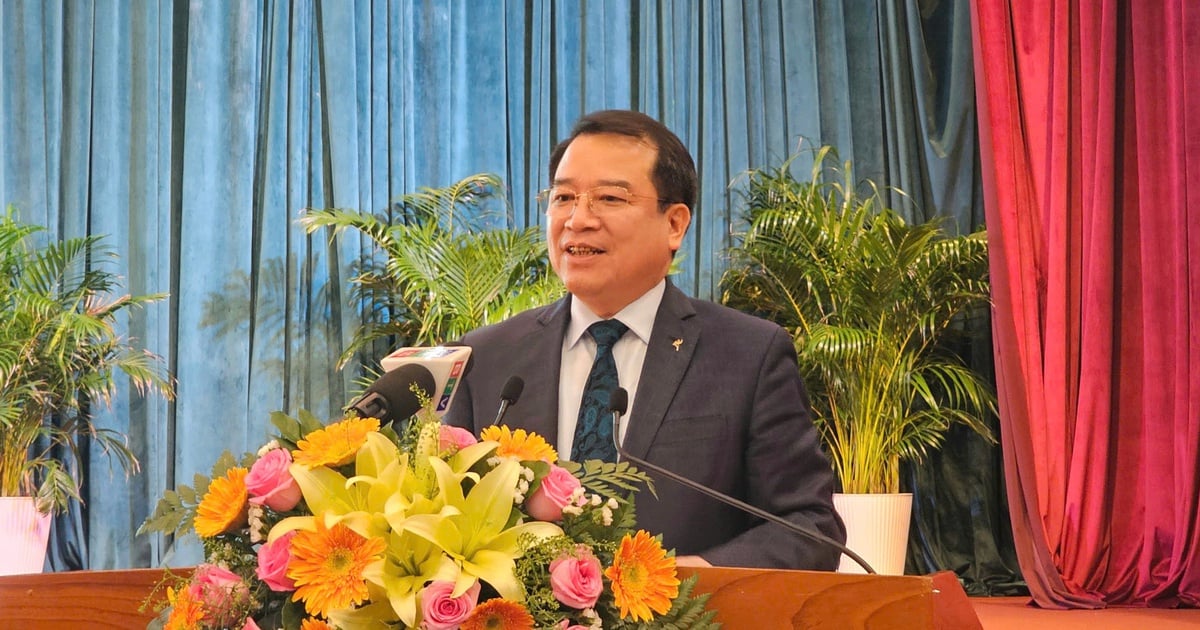



![[Photo] Ministry of Defense sees off relief forces to the airport to Myanmar for mission](https://vstatic.vietnam.vn/vietnam/resource/IMAGE/2025/3/30/245629fab9d644fd909ecd67f1749123)











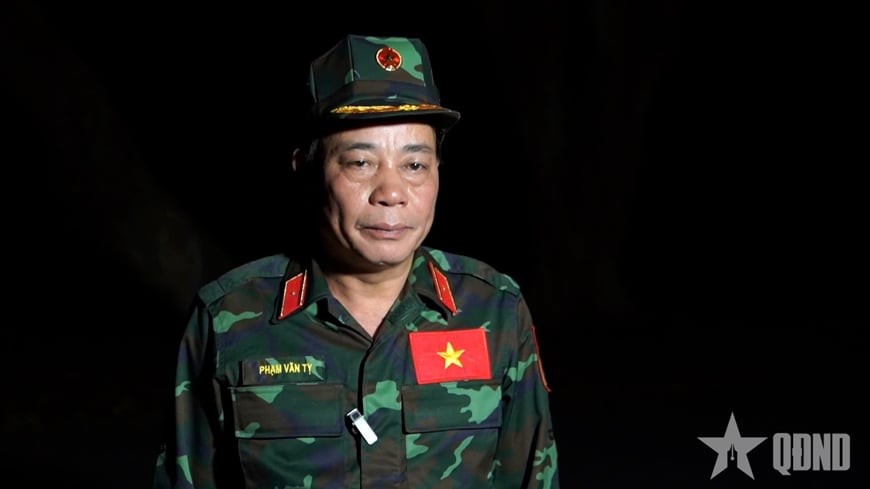

































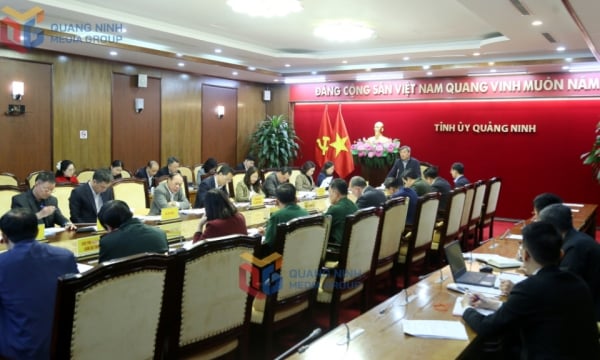


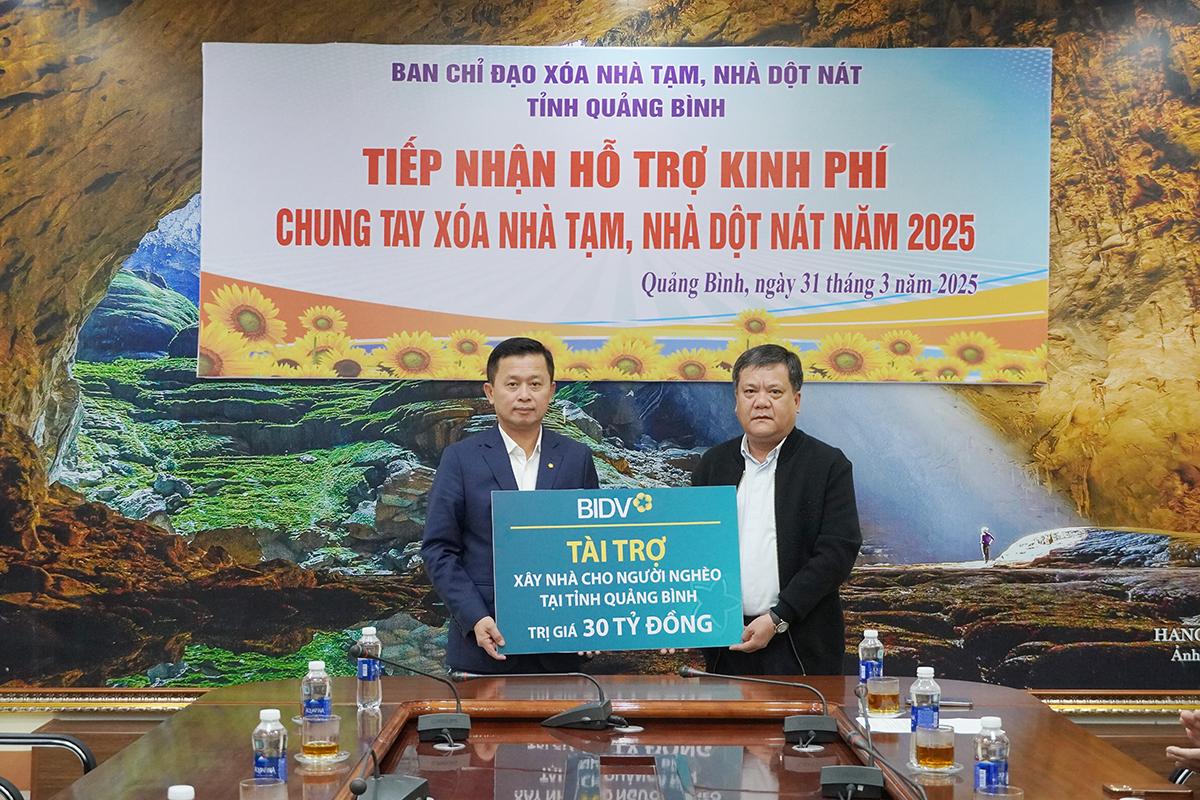

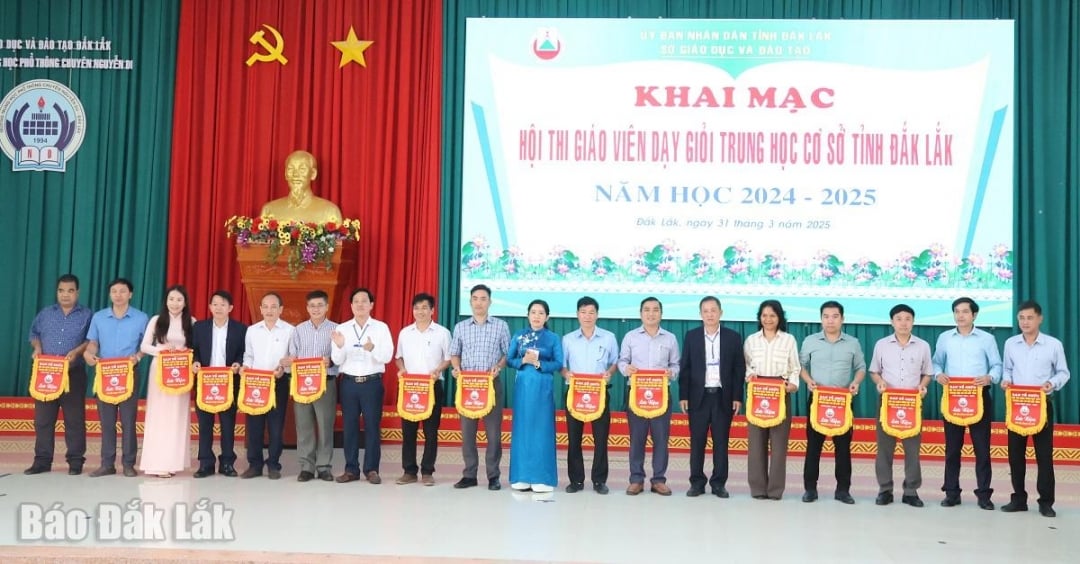
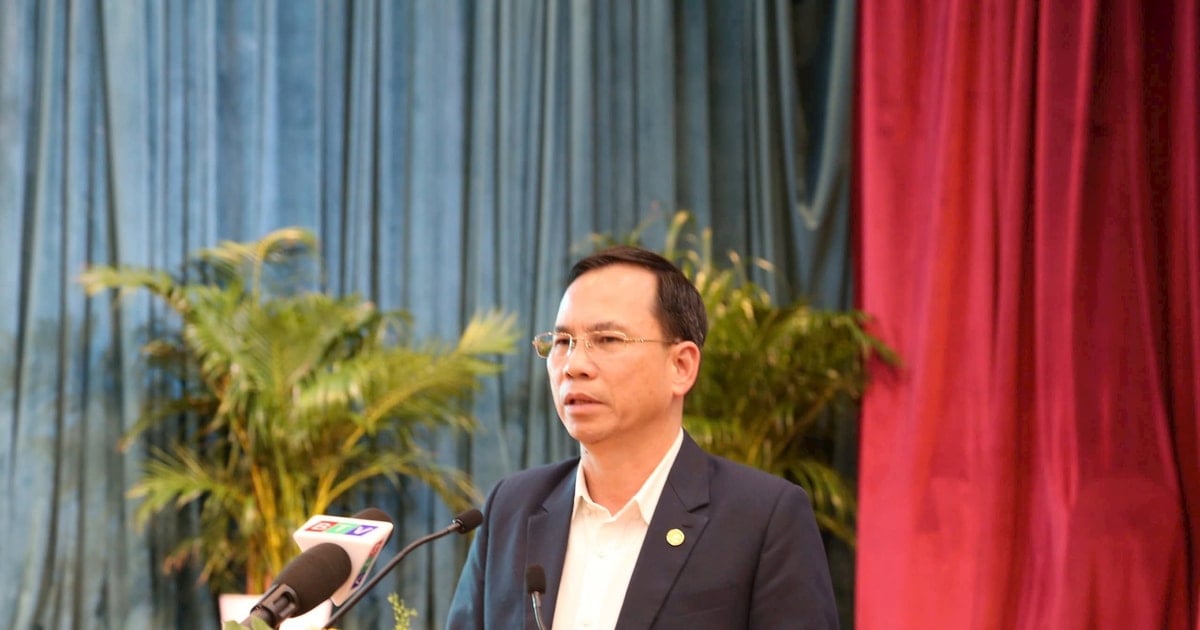

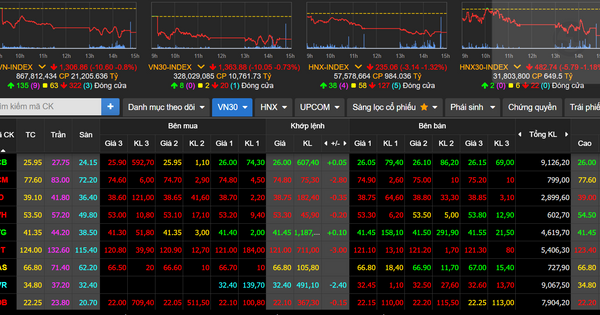








![[REVIEW OCOP] An Lanh Huong Vet Yen Cat](https://vstatic.vietnam.vn/vietnam/resource/IMAGE/2025/3/27/c25032328e9a47be9991d5be7c0cad8c)

Comment (0)